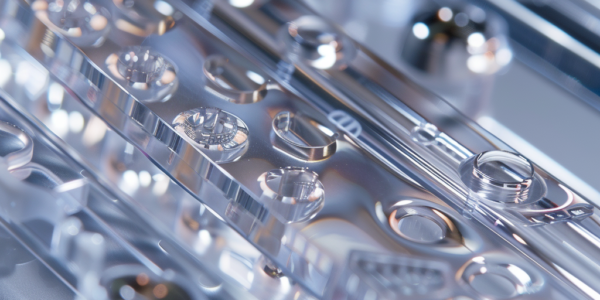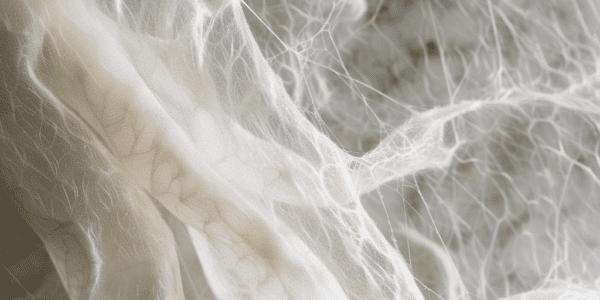New Microfluidic Device Revolutionizes Cell Therapy for Spinal Cord Injury Patients
MIT and Singapore-MIT Alliance for Research and Technology have developed a groundbreaking microfluidic device to enhance cell therapy for spinal cord injury patients. The device sorts and removes potentially harmful cells, improving safety and efficacy. It can process over 500 million cells per minute and is cost-effective for large-scale implementation, offering hope for improved treatment outcomes.
Bacteria engineered to convert plastic waste into biodegradable spider silk
Researchers at Rensselaer Polytechnic Institute have made a groundbreaking discovery by engineering a strain of bacteria capable of converting plastic waste into biodegradable spider silk with a wide range of applications. This innovative study, recently published in Microbial Cell Factories,…


